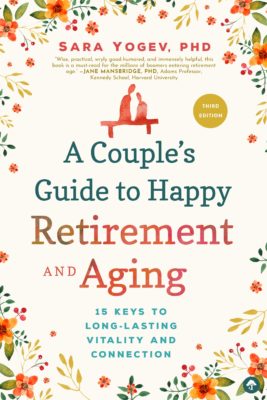Jun 28 2017
Helpful resources
I have been contacted by several people who shared helpful information for retirement age people and I would like to re-share them in this updated blog entry.
Susan Williams from seniorcarehelper.org sent me the following links:
– Moving tips for seniors in www.yourstoragefinder.com
– Aging in place and how to prepare for senior years in www.homecity.com – Making the move to assisted living in www.helpguide.org, use search phrase assisted living to list multiple resources
– Nutrition guide for the aging in www.retailmenot.com/blog/nutrition
Nicole Clark sent me an article which reaffirms my concerns about alcohol abuse trends in older adults: Alcohol Abuse Trends in Older Adults, published in The Dunes of East Hampton.
Jane Sandwood from England sent me the link to her article about the importance of staying in touch with grandparents
https://vida.co.uk/blog/vidas-campaign-against-social-isolation/.
Jane who is a manager for a small elderly care site is concerned that modern life with different generations moving around, has left families being stretched and the elderly being isolated and the isolation can cause depression. Her article covers why we should get in touch with grandparents and bring families together.
Audrey Baker recommended A Family’s Guide to Caring for Aging Parents.
I hope you will find these resources helpful.




